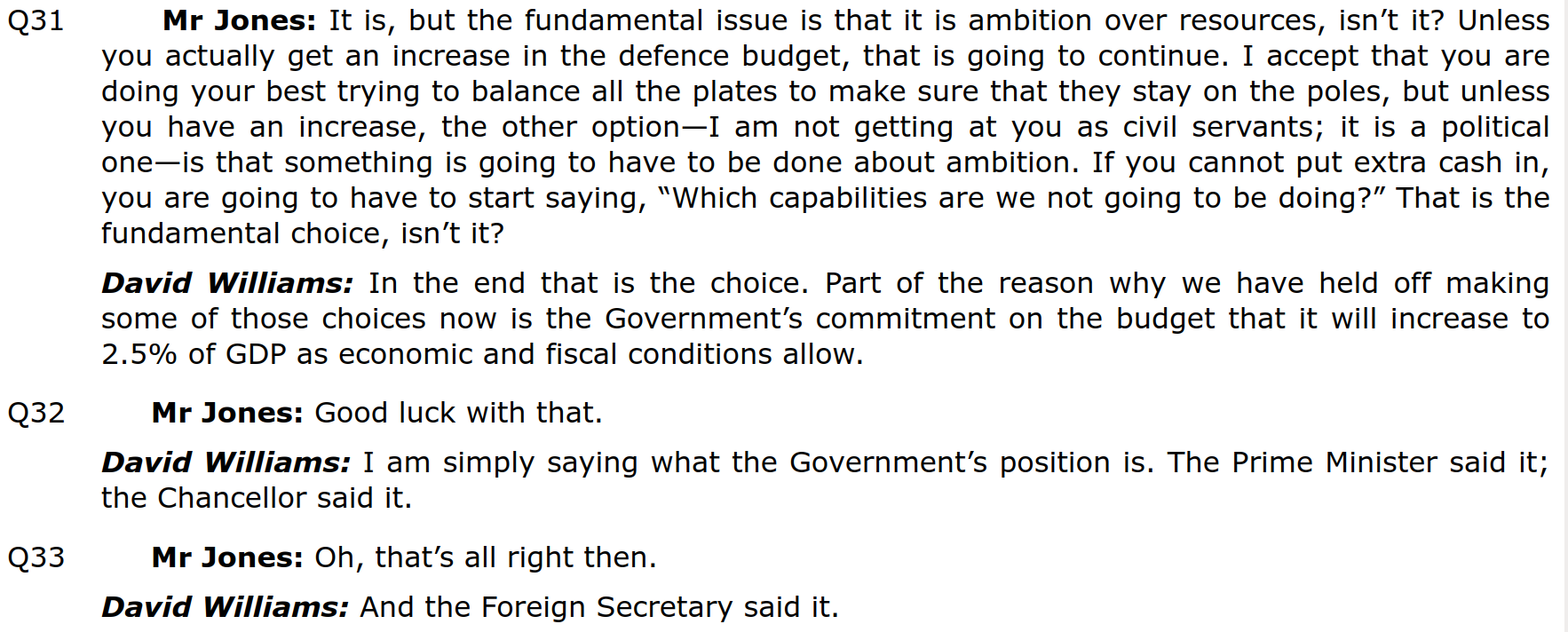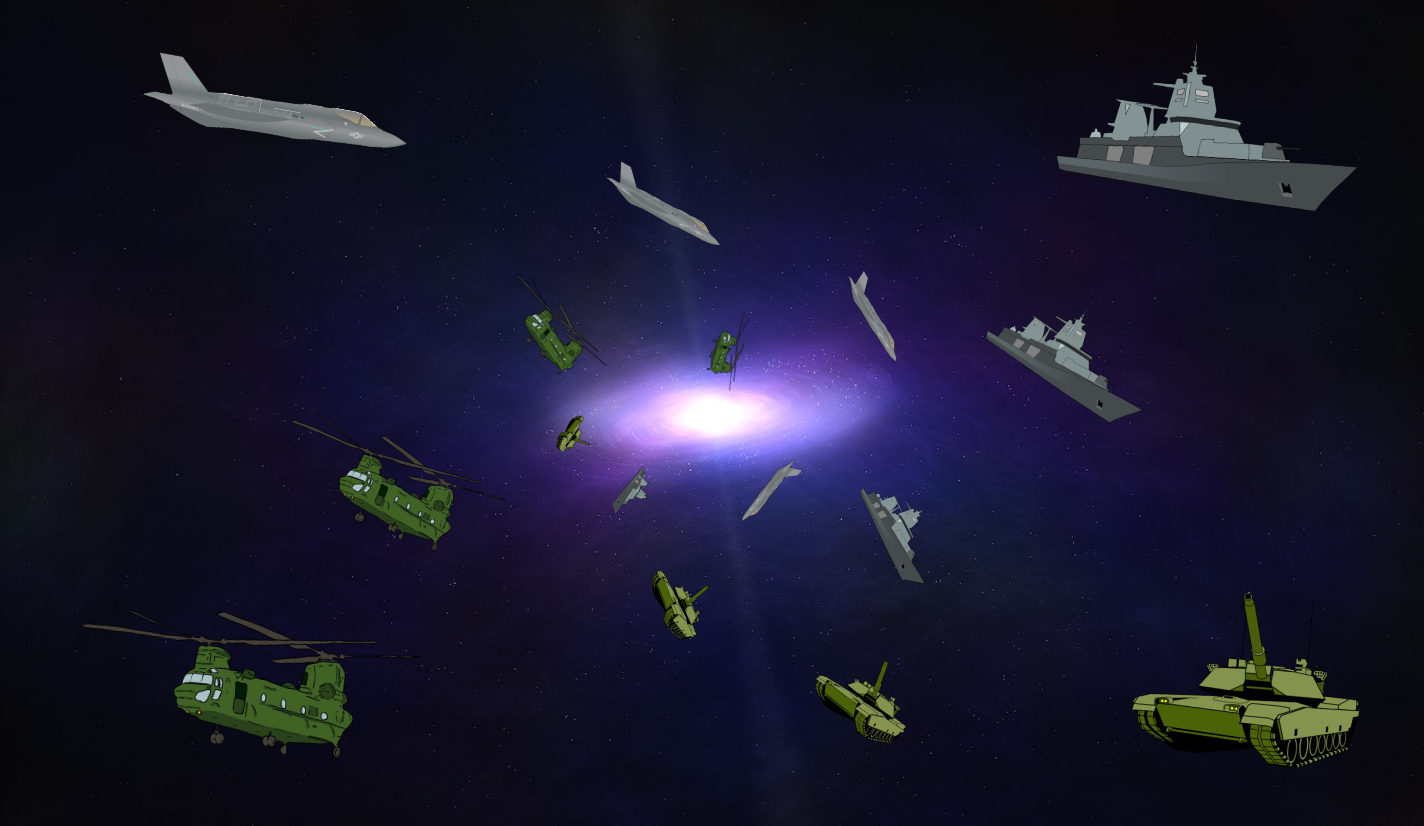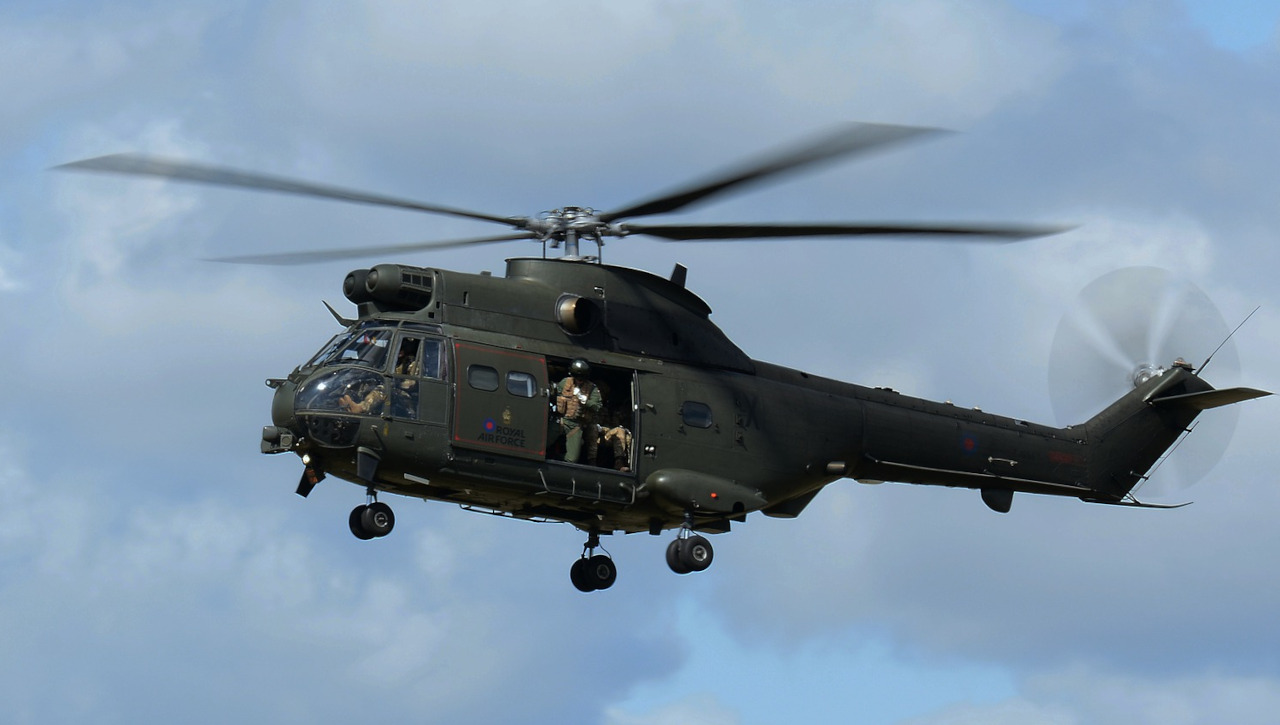Gambling on the MOD's future budget

Following my recent article about the £16.9bn black hole that suddenly appeared in the UK MOD's Equipment Plan, the Commons Defence Committee held an inquiry session last week looking at the MOD's Annual Report and Accounts. There was a strong sense that the known budgetary problems were being kicked into the long grass, with the MOD banking on an uncertain and unfunded future budget increase.
Representing the MOD were David Williams, Permanent Secretary; Tom Wipperman, Strategic Finance Director; Lieutenant General Rob Magowan CB CBE, Deputy Chief of the Defence Staff (Financial and Military Capability) and Adrian Baguley, Director General Strategic Enablers and Deputy CEO at Defence Equipment & Support. See the full transcript here.
How is the UK's Defence Budget faring?
Badly. It was recently revealed that the defence budget has swung from being judged as "affordable" with a £2.6bn surplus over the next 10 years, to "unaffordable" with a £16.9bn deficit, in the space of just 1 year. The largest contributor is inflation, with substantial additional investments in nuclear enterprise and also foreign exchange movements also blamed.
Total UK defence spending was advised by David Williams to be around 2.25% of GDP this year and next, as he tactfully corrected Defence Secretary Grant Shapps' previous claim to the committee of 2.3-2.4% GDP. That total includes Ukraine support, the cost of which is met from Treasury reserves. Without that, UK spending is 2.17% of GDP.
The MOD has declined to carry out a full update to the Equipment Plan this year, partly in anticipation of the Government issuing new long term spending plans either next year or in 2025. Kevan Jones from the Committee made the obvious point that without a significant increase in defence spending, some hard choices about reducing or cutting capability would be required, calling it a fundamental issue of "ambition over resource". David Williams went on to state that tough decisions were being delayed in part because of the frequently stated (by politicians) desire to raise spending to 2.5% of GDP, a sound bite ambition with no timescale or plan attached, leading to the following exchange:

The MOD is naturally learning lessons from the war in Ukraine, and is claiming it will re-prioritise to improve capabilities such as Counter-UAS, uncrewed systems, air defence etc but it was pointed out that with severe budget constraints, and in the absence of a significant increase in budget, any re-prioritisation can only come at the expense of other planned procurements. General Magowan refused to be drawn on this other than to state that "hard-edged choices" would need to be made, but not until after the next Government spending review which could be a year or more away.
"Annuality" continues, except for nuclear
The MOD's budget challenge isn't just total term spending, but meeting in-year annual budgets in an environment where major projects are often running late, and when it talks about 'affordability' it is often referring to the annual programme spending profile rather than the total cost of equipment. The Treasury generally doesn't allow unspent budget in any given year to be carried forward to future years, leaving the MOD desperate to make sure it spends all of each year's budget on something. Its default approach is known as 'over-programming' - having a spending plan that commits more money than is actually available in early years to ensure that there is always something else to spend the budget on if a programme is delayed. David Williams defended this, stating "It is a perfectly logical thing to over-programme in the early part of the equipment plan so that you make sure you spend the money when stuff slips" but it leads to the obvious dissonance that the MOD is relying on stuff being late to balance its annual budgets, and also sometimes requires the MOD to choose to delay programmes to balance the books even though it increases total costs in the long term.
Adrian Baguley acknowledged this, stating "As you know, from a delivery perspective, when we sign a contract with industry we want to try to ensure a stable flow of funding through that. Anything that defers funding that is on our side of the ledger as opposed to industry’s capacity creates an issue for us in renegotiating that contract" and "Once we have placed a contract, that will invariably lead to cost pressure". But in addition to the direct cost impact of the new equipment costing more due to inflation, there is the secondary effect of needing to maintain the existing, obsolete equipment in service for longer. Baguley quoted the example of Protector, where the MOD delayed the programme by two years to "manage affordability" but another example is the new CH-47ER Extended Range Chinooks, which are notionally under contract via the FMS process, but currently have no delivery date and are expected to cost £300m more as a result.
What is new is that the nuclear enterprise is (partially) being freed from the shackles of annuality by a budget 'ring fence' arrangement which gives the MOD some freedom to transfer funds between programmes and years, with David Williams stating "It gives us a clearer focus in our internal planning on the costs of the nuclear enterprise. Critically for us, it unlocks a degree of freedom about the ability to vary more money between programmes and across years, allowing us to deal with some of the challenges of annuality that we have discussed at length in this Committee", which begs the question as to why other parts of the MOD aren't given the same freedom?
Ukraine Support
The UK is spending £2.3bn on direct military aid to Ukraine this financial year. This includes the cost of munitions and equipment purchased for Ukraine, and of running the training mission. It was confirmed that equipment gifted from UK stocks does not count towards that value. In previous years, the cost of replacing munitions and equipment gifted to Ukraine but still required by the UK was met by the Treasury, but this year it won't be, so it will either have to come out of the core budget or the £2.3bn allocated as Ukraine aid.
The level of military aid for Ukraine next year has not yet been decided, but David Williams stated a working assumption that it would be around the same as this year.
Efficiency savings, skills shortages and job cuts
The MOD has some ambitious plans to deliver "efficiency savings" - that is savings that don't impact operational outputs. If it fails, the hole in the budget starts to look worse.
There is a recruitment and retention problem across the Armed Forces and civilian MOD, and the Haythornthwaite Review makes a number of recommendations to address those issues. David Williams said that the MOD is still working through the recommendations, but noted that implementing them is "unlikely to be cost-neutral" - acknowledging the likely cost of retaining personnel with valuable skills that are also coveted by the private sector. With budgetary pressures and the need to achieve those efficiency savings, that must mean job cuts, with Williams noting "For a variety of reasons, we probably need over the next three-year period—the next spending review period—to reduce the size of the civil service in the Department. That will be an element in making the overall pay bill more affordable".
Yet a shortage of skilled and experienced personnel is already a major factor in programme delays, with the National Audit Office report into the 2023-33 Equipment Plan noting "insufficient staffing at both the TLBs and the delivery organisations". There was no discussion about how you reconcile the need to cut the size of the civilian MOD with the existing staff shortages, even if you improve retention of the best.
Martin Docherty-Hughes raised a surprise concern that may be an unintended consequence of the Government's new minimum salary visa requirements. The Royal Regiment of Scotland has a substantial number of Commonwealth nationals serving in it, particularly from Fiji. If those personnel served for the minimum period and left with the rank of Corporal, they would not meet the salary requirements for a visa, which is likely to affect recruitment. No one else seemed to be aware of this issue, but David Williams undertook to look into it.
What about Chinook and NMH?
The UK (in theory) has two live helicopter procurement programmes - the New Medium Helicopter (NMH) and the Chinook Capability Sustainment (CSP) programme.
The Chinook CSP is planned to deliver 14 new Extended Range aircraft for the UK Special Forces, but will also allow the oldest airframes to be retired on a one-for-one basis rather than increasing total fleet size. There was an interesting difference in emphasis when defending the programme in light of the increased costs of the delayed programme. General Magowan insisted the aircraft were necessary to provide the capability that the Government says it wants, stating "Against the requirement to prosecute the hardest targets by the special user, we need that requirement. If that requirement disappeared tomorrow morning, which is a policy decision and not my decision, we would not need the particular extended range capability in that CH-47".
David Williams took perhaps a more realistic view of the affordability of the programme, stating "There was concern in the summer about cost growth in the programme, and how that could be afforded and what the impact would be on other related capabilities, including, conceivably, other helicopter projects. That has a question around whether this is the best deal that we can get, and if it is the best deal that we can get, do we want to carry on with it?". The reference to "other helicopter projects" perhaps an acknowledgement of the difficulty in affording both Chinook CSP and NMH, but negotiations are ongoing and the CH-47ER IOC is targeted for 2027.
There was some sustained criticism of Boeing and the perceived lack of offset and workshare in the UK in exchange for the considerable value of single-source contracts placed with Boeing by the MOD, with Kevan Jones voicing the opinion that previous Secretary of State Ben Wallace was against the Chinook CSP programme due to the cost and potential impact on funding other programmes. David Williams responded that purchasing equipment off the shelf from an established production line offered the best value for money. The criticism was focused on the lack of defence work placed by Boeing in the UK, although it was correctly pointed out that production volumes for Boeing's civil products were larger and so opportunities in that sector had considerable value to UK businesses.
The MOD is arguably in an impossible situation, but the lack of clarity about spending and the future of certain procurement programmes is concerning for the UK's Armed Forces and also to industry who need to plan resources to meet future demands. That clarity may not arrive until after the UK's next General Election, but we live in an uncertain and dangerous world, and a lot can happen before then...


